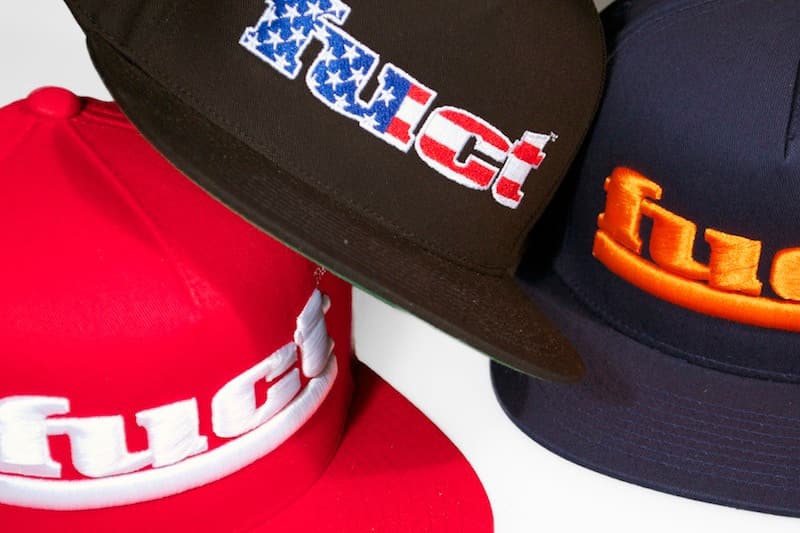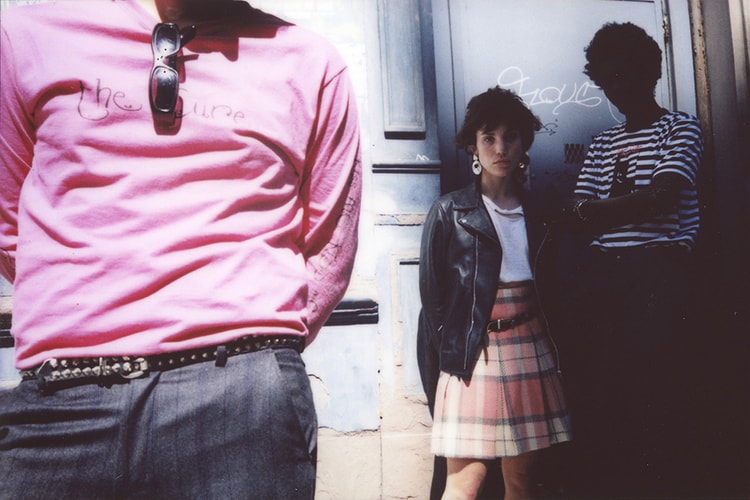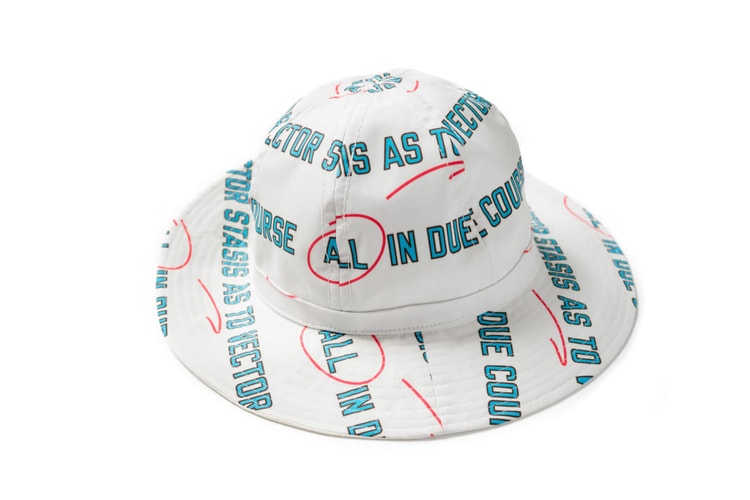U.S. Ban On "Scandalous" Trademarks Ruled Unconstitutional
Erik Brunetti, rejoice.

Way back in 2011, Fuct founder Erik Brunetti attempted to register his beloved Los Angeles-based streetwear brand with the U.S. Patent and Trademark Office, only to be denied on the grounds that the name was “scandalous and immoral.” Now, six years later, Brunetti and company can rejoice: after the U.S. Supreme Court ruled the Lanham Act’s Disparagement Clause to be unconstitutional, the U.S. Court of Appeals for the Federal Circuit has upheld Fuct’s trademark status, deeming it protected speech under the First Amendment.
As Judge Kimberly Moore wrote, “the First Amendment protects private expression, even private expression which is offensive to a substantial composite of the general public. The government has offered no substantial government interest for policing offensive speech in the context of a registration program such as the one at issue in this case.” Moore added that “in this electronic/Internet age, to the extent that the government seeks to protect the general population from scandalous material, with all due respect, it has completely failed” and that the denial of a trademark for Fuct would be “unconstitutional restriction of free speech.”
“The First Amendment… protects private expression, even private expression which is offensive to a substantial composite of the general public,” the court concluded.
So does this mean we’ll see more “scandalous and immoral” brand names pop up in the future? Only time will tell, but the new ruling will undoubtedly make it easier for them to seek trademark protection in the future and enjoy the same rights afforded to song lyrics, movies and books.





























